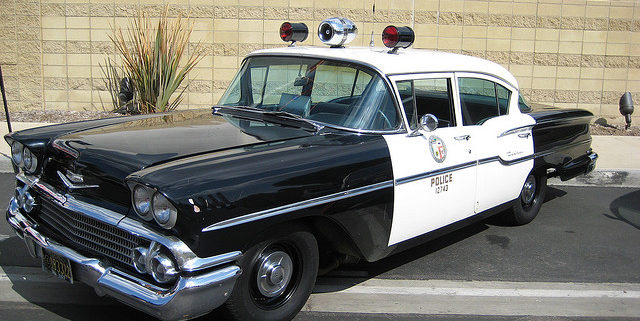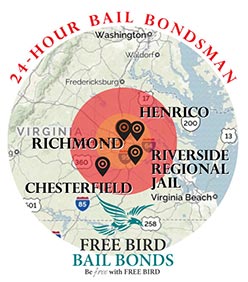Three Reasons why a Person May be Denied Bail
Most people opt to hire a bail bondsman when one of their loved ones has been arrested. Their aim is to get them out as soon as possible as spending time in jail can be an extremely unpleasant and traumatic experience. In most cases, experienced bail bondsmen have no problem bailing out your loved one without hassle. Bail is common and the majority of arrested individuals are eligible to be released through a bail bond but there are instances where the defendant may be denied bail and must remain under arrest till the time of their trial. Under such circumstances, all the efforts of the bail bondsman cannot yield any results and they fail to get their client out of jail.
Rejection for Being a Flight Risk
If the defendant has a history of skipping court dates in the past, the judge may not be convinced that the present time will be an exception. Thus, if the defendant has a history of belligerence or the judge has reason to believe that they might use their influence or wealth to escape from the country, the individual might be denied bail.
Defendant is a Parolee
Courts usually have very little sympathy for individuals who are repeat offenders. They were allowed back into society on parole or probation once before and still they chose to be involved with another crime. This is especially true if the defendant happened to be under supervision or was released into the custody of someone else. As the individual could not resume a normal life and opted to misuse their freedom, the judge is likely to deny bail and keep them in jail by issuing a no-bail hold. In this case, bail bondsmen cannot help the individual in any way and they have to spend a specific amount of time in jail.
Problem with Non-US Citizens
- If an individual who is not a citizen of the United States commits a crime, a lot of time the court will take into consideration the immigration status of the individual.
- This is due to the fact that no matter what type of crime they committed or were accused of, the individual is more likely to skip out and return to their home country instead of appearing for their court hearings.
Moreover, if the court thinks that the arrest individual is staying on US soil without necessary documentation, they might place Immigration and Customs Enforcement hold on them.














